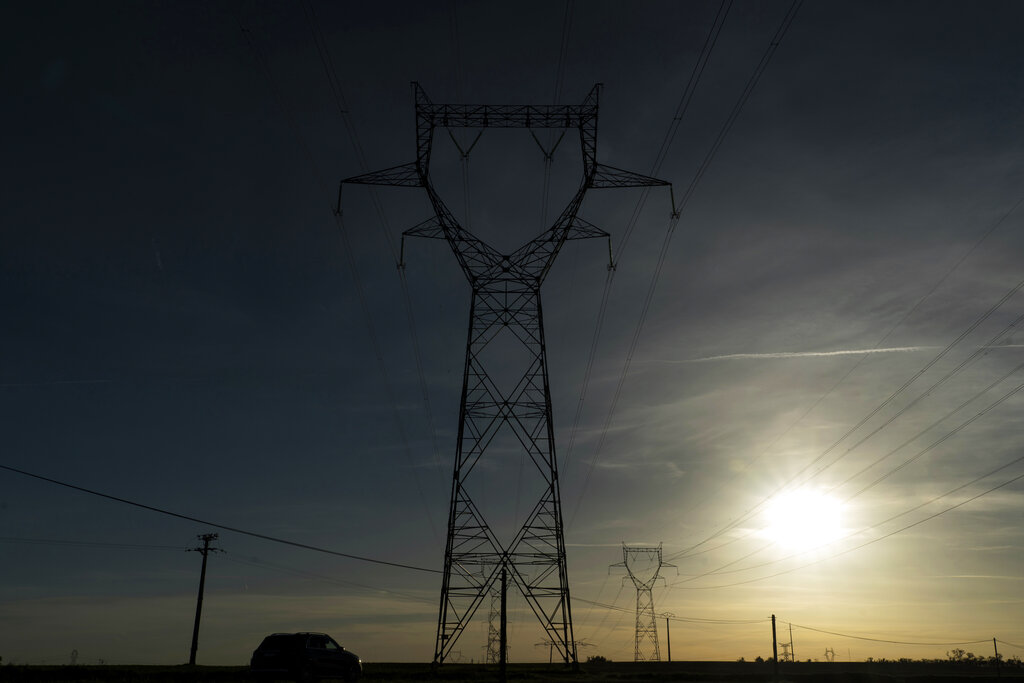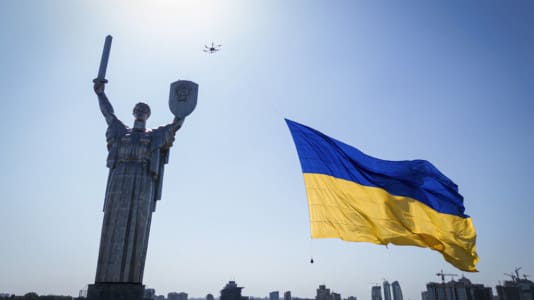If it continues on its path of energy sanctions, Europe could come out worse from the global economic crisis, warned Olivér Hortay, head of energy research at the Hungarian think tank Századvég.
In a video posted on Facebook, Hortay said that today, the majority of countries have to deal with two challenges at the same time. On the one hand, economies have become overheated due to the recovery from the pandemic, and on the other hand, there is a global shortage of energy and raw materials. Among others, the price of raw materials essential for the operation of economies has sky-rocketed. The textbook answer to what should be done in such cases is the following: The economy must be cooled, thus reducing the artificially inflated demand. Meanwhile, it must also be possible to increase the amount of available energy and raw materials, improving the supply.
It is important that the two endeavors are carried out in a coordinated way because reducing demand too rapidly, in addition to an insufficient expansion of the supply of raw materials, could have catastrophic consequences. In such cases, income decreases in such a way that the prices remain high, i.e., the economic policy artificially pushes companies and families into a vulnerable situation. This is the reason why today the majority of rational countries place more emphasis on managing the energy crisis than on cooling the economy, Hortay pointed out.
For example, India has openly indicated that it will not join the sanctions against Russia because it considers the reduction of inflation as its main priority, for which it needs cheap energy. China is doing the same, but quietly. And the United States, at the cost of significant political losses, essentially abandoned all climate protection efforts in order to increase its production capacity as quickly as possible. However, Europe is doing just the opposite.
The community has reduced its own extraction capacities in recent decades, so a significant part of its demand is covered by imports. The rise in the price of energy is a money pump that sucks more and more resources from the European Union to the supplying countries, which is why the devaluation of the euro has reached a dramatic pace, Hortay warned.
In order to mitigate the trend, the European Central Bank is forced to follow the U.S. central bank’s interest rate hikes, which cools the economy.
At the same time, however, the Union, instead of making every effort to increase the energy supply, is introducing and floating ever stricter sanctions. This, in turn, is becoming the reason for the shortage itself, which will lead to another price increase, and the process will start all over again in a vicious circle, Hortay said.






